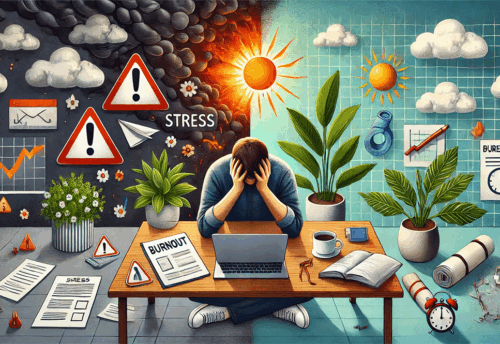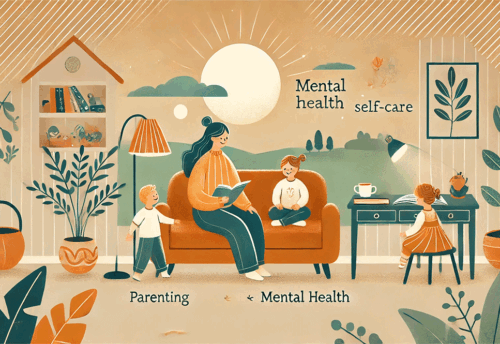
December 2, 2023
Breaking the Stigma Around Mental Health
Breaking the Stigma Around Mental Health
Mental health is an essential aspect of overall well-being, yet stigma and misconceptions often discourage open conversations and seeking help. Breaking the stigma requires collective efforts to normalize mental health struggles and create an environment where individuals feel safe and supported.
Understanding Mental Health Stigma
Mental health stigma can be categorized into two main forms:
- Social Stigma: Negative attitudes, stereotypes, or discrimination from society toward individuals with mental health challenges.
- Self-Stigma: Internalized feelings of shame, guilt, or unworthiness by individuals experiencing mental health issues.
These stigmas perpetuate isolation, prevent people from seeking help, and reinforce harmful myths.
The Importance of Breaking the Stigma
- Encourages Seeking Help:
Open conversations create a culture where seeking therapy or counseling is seen as a strength, not a weakness. - Reduces Isolation:
Individuals feel less alone when they see others sharing similar struggles and receiving support. - Promotes Early Intervention:
Addressing mental health challenges early can prevent them from escalating into more severe conditions. - Fosters Inclusivity:
Reducing stigma helps build communities that are empathetic, inclusive, and supportive of mental health needs.
Steps to Break the Stigma
- Education and Awareness:
- Educate people about mental health conditions to dispel myths and misconceptions.
- Share accurate information through campaigns, workshops, and community programs.
- Open Conversations:
- Normalize talking about mental health in homes, workplaces, and schools.
- Encourage leaders and influencers to share their own mental health journeys.
- Empathy and Language:
- Use compassionate and non-judgmental language when discussing mental health.
- Avoid terms that trivialize or demean mental health struggles.
- Advocate for Equal Treatment:
- Push for policies that prioritize mental health as equally important as physical health.
- Support initiatives that make mental health care accessible and affordable.
- Share Stories:
- Personal stories from those who have experienced mental health challenges can inspire others to seek help and feel less alone.
The Role of Communities
Communities play a vital role in breaking the stigma by fostering environments of understanding and acceptance. Examples include:
- Support Groups: Safe spaces for individuals to share experiences and offer mutual support.
- Educational Campaigns: Events, posters, and social media campaigns that promote mental health awareness.
- Training Programs: Providing mental health first aid training to equip people with skills to support others.





Leave a Reply